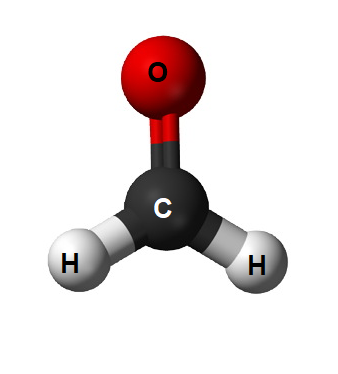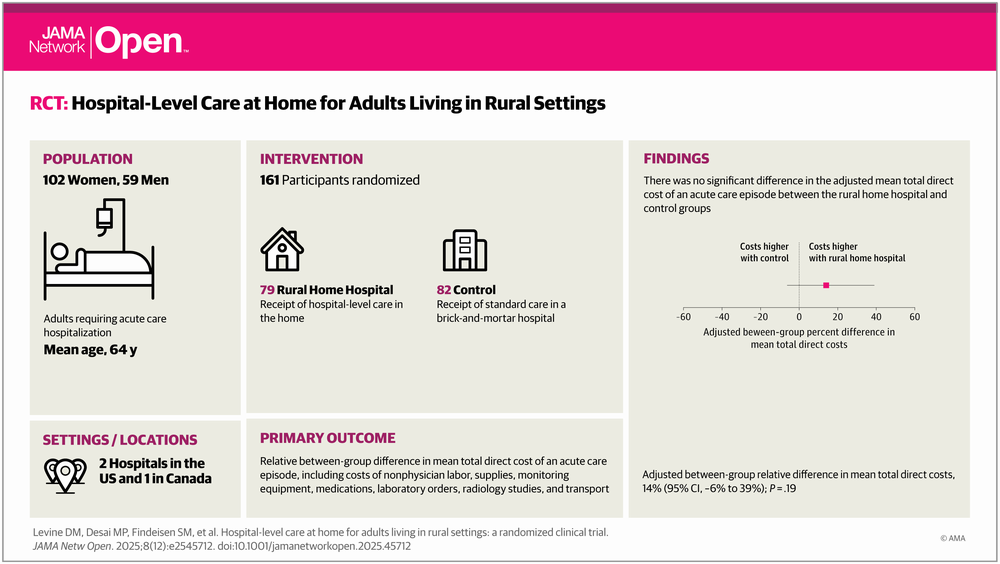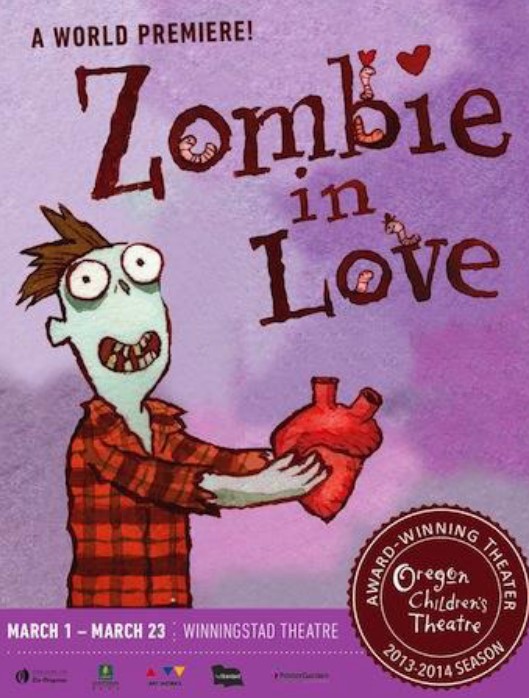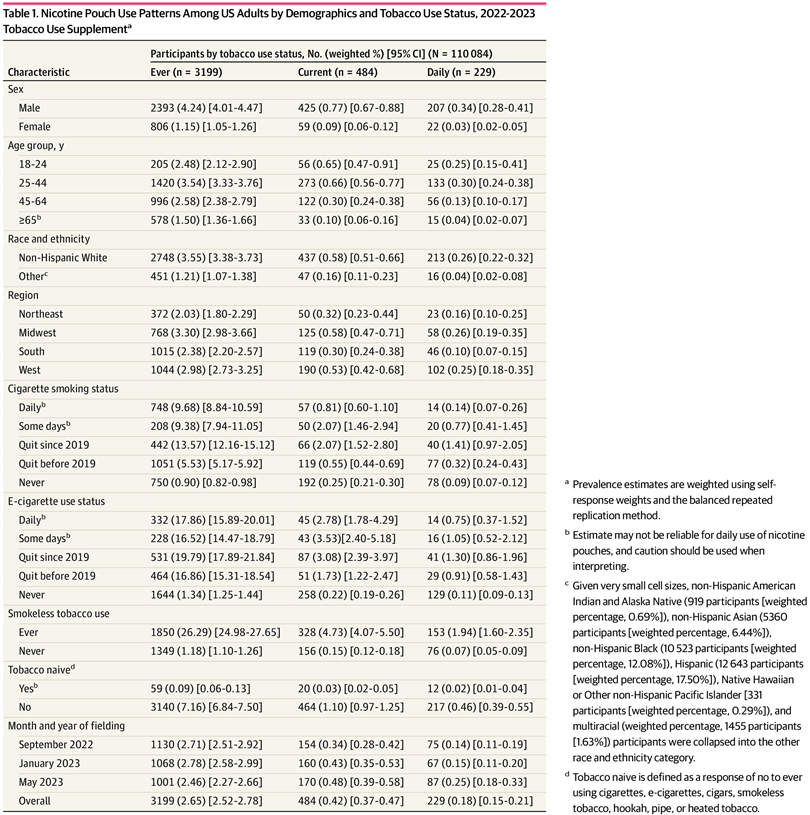 Alcohol Causes Cancer - How Much Shouldn't Even Enter Your Thoughts
Alcohol Causes Cancer - How Much Shouldn't Even Enter Your ThoughtsA doctor who told you to smoke cigarettes "in moderation" would likely lose their license, but...
 The Hemp Industry Has A Placebo For Your PFAS Chemophobia
The Hemp Industry Has A Placebo For Your PFAS ChemophobiaEnvironmental activists have claimed for decades that PFAS (Per- and polyfluoroalkyl substances)...
 TSCA: Here Is What You Need To Know About EPA Taking A New Look At Formaldehyde
TSCA: Here Is What You Need To Know About EPA Taking A New Look At FormaldehydeThe U.S. Environmental Protection Agency has signaled it will once again examine formaldehyde under...
 Sending Health Care To Homes Is Better And Cheaper Than Hospital Stays
Sending Health Care To Homes Is Better And Cheaper Than Hospital StaysDue to the rising costs and inability of doctors to own hospitals since the Affordable Care Act...










